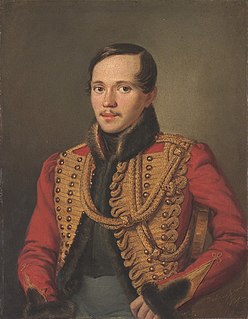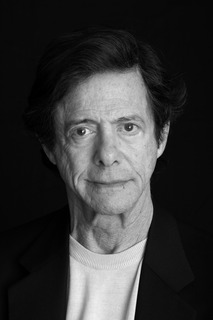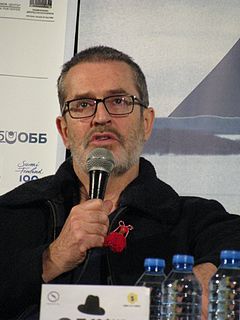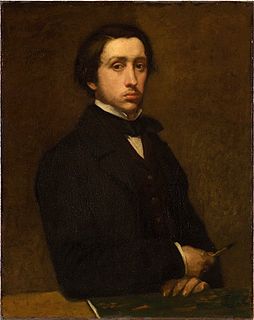A Quote by Marie Corelli
A criminal is twice a criminal when he adds hypocrisy to his crime.
Related Quotes
In existing criminology there are concepts: a criminal man, a criminal profession, a criminal society, a criminal sect, and a criminal tribe, but there is no concept of a criminal state, or a criminal government, or criminal legislation. Consequently what is often regarded as "political" activity is in fact a criminal activity.
He’s bound to have done something,” Nobby repeated. In this he was echoing the Patrician’s view of crime and punishment. If there was a crime, there should be punishment. If the specific criminal should be involved in the punishment process then this was a happy accident, but if not then any criminal would do, and since everyone was undoubtedly guilty of something, the net result was that, in general terms, justice was done.
Society, during the last hundred years, has been alternately perplexed and encouraged, respecting the two great questions -how shall the criminal and pauper be disposed of, in order to reduce crime and reform the criminal on the one hand, and, on the other, to diminish pauperism and restore the pauper to useful citizenship?
Society during the last hundred years has been alternately perplexed and encouraged respecting the two great questions: how shall the criminal and pauper be disposed of in order to reduce crime and reform the criminal on the one hand and, on the other, to diminish pauperism and restore the pauper to useful citizenship?





































